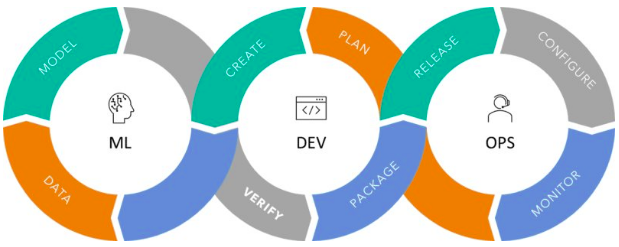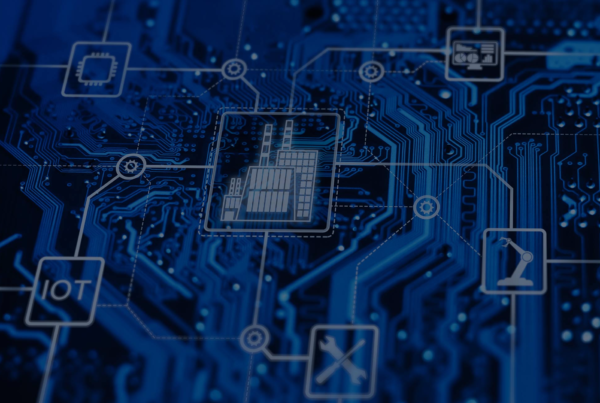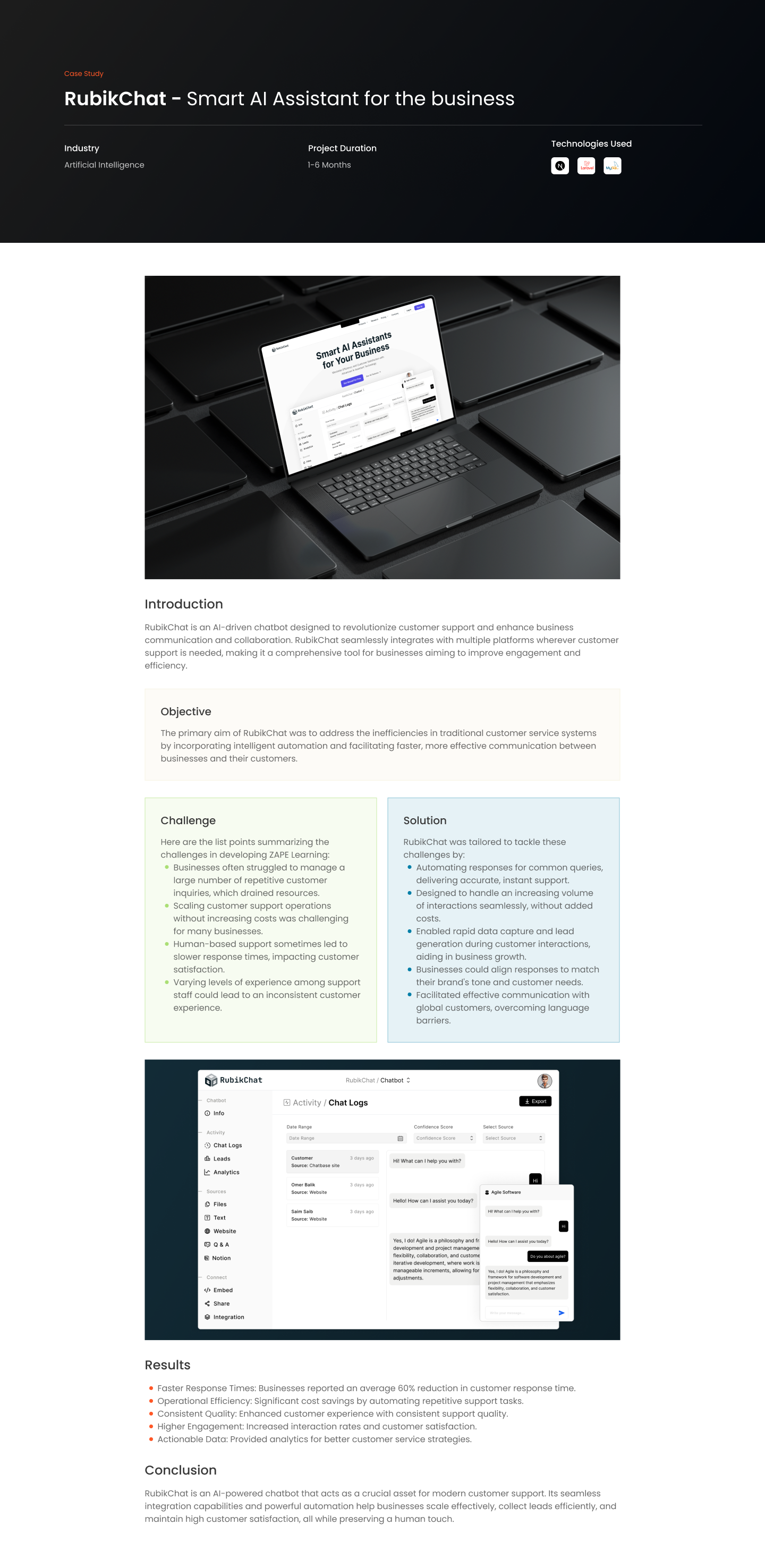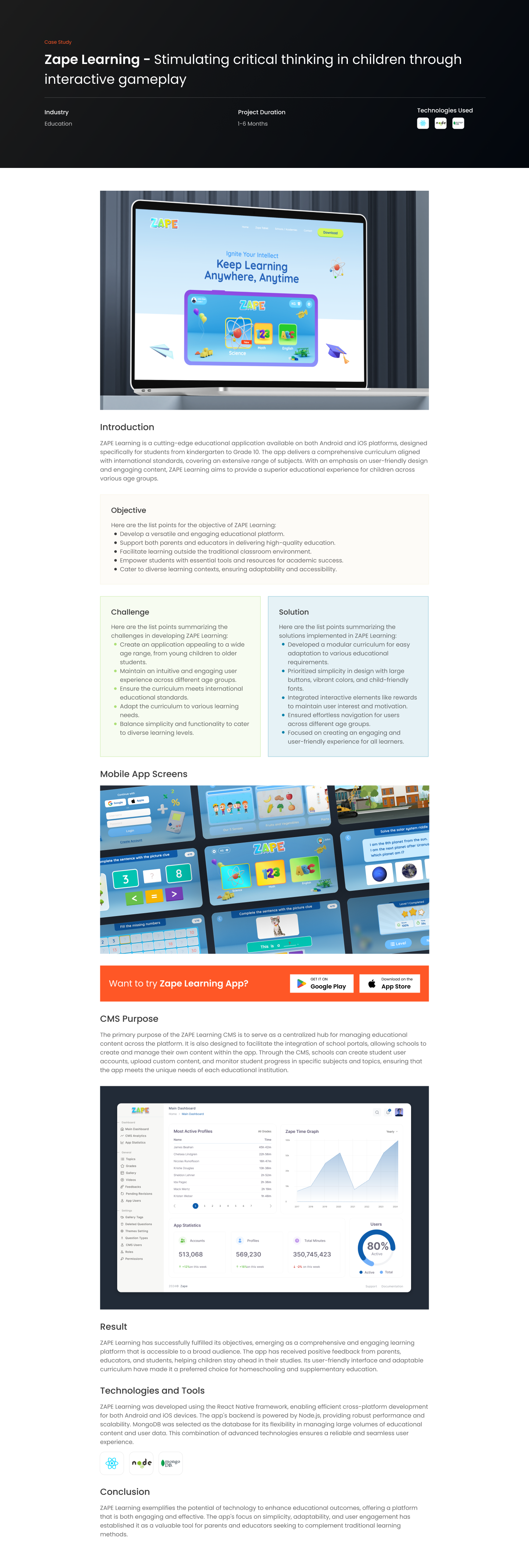MLOps and DevOps are two distinct disciplines in software development. MLOps focuses specifically on the deployment and management of machine learning models, while DevOps is a broader approach that emphasizes collaboration and efficiency across the entire software development lifecycle.
MLOps involves practices and methodologies for streamlining the machine learning lifecycle, including model development, training, deployment, and monitoring. It addresses challenges such as versioning and reproducibility of models, automated training and deployment pipelines, and monitoring model performance.
DevOps, on the other hand, aims to foster collaboration and efficiency between development, testing, deployment, and operations teams. It emphasizes automation, continuous integration, continuous delivery, and infrastructure management as code.
While there are overlaps between MLOps and DevOps, MLOps is more specialized for managing machine learning models, while DevOps is a broader approach for overall software development.
”Both disciplines aim to improve efficiency, reduce errors, and deliver high-quality software. They can complement each other in the context of deploying machine learning models as part of larger software systems.
MLOps: MLOps is a set of practices and methodologies specifically tailored for the deployment, management, and maintenance of machine learning models. It focuses on streamlining the machine learning lifecycle, including model development, training, deployment, and monitoring. MLOps incorporates aspects of software engineering, data engineering, and operations to ensure reliable and scalable machine learning systems.
Key aspects of MLOps include:
- Versioning and reproducibility of machine learning models and data.
- Automated training, testing, and deployment of models.
- Continuous integration and continuous deployment (CI/CD) pipelines for ML.
- Monitoring and logging of model performance and data quality.
- Collaboration between data scientists, software engineers, and operations teams.
- Infrastructure management for efficient model deployment and scalability.

DevOps: DevOps is a software development approach that aims to foster collaboration and efficiency between development and operations teams. It emphasizes the integration of development, testing, deployment, and operations processes to deliver software rapidly and reliably. DevOps focuses on automating tasks, reducing manual effort, and improving communication and collaboration between different teams involved in software development.
Key aspects of DevOps include:
- Collaboration and communication between development, operations, and other teams.
- Continuous integration, continuous delivery, and continuous deployment (CI/CD) pipelines.
- Infrastructure as code, where infrastructure is managed through code and version control.
- Automation of testing, deployment, and configuration management.
- Monitoring and logging of applications and infrastructure.
- Agile methodologies and iterative development practices.
While there are similarities between MLOps and DevOps, MLOps is more specialized and tailored for the unique challenges of deploying and managing machine learning models. It addresses the specific considerations of model versioning, training data management, model performance monitoring, and scalability.
On the other hand, DevOps is a broader approach that encompasses the entire software development lifecycle, focusing on collaboration, automation, and efficiency across development, testing, deployment, and operations.
Both MLOps and DevOps share common goals of improving efficiency, reducing errors, and delivering high-quality software. They can complement each other in the context of deploying machine learning models as part of larger software systems.











